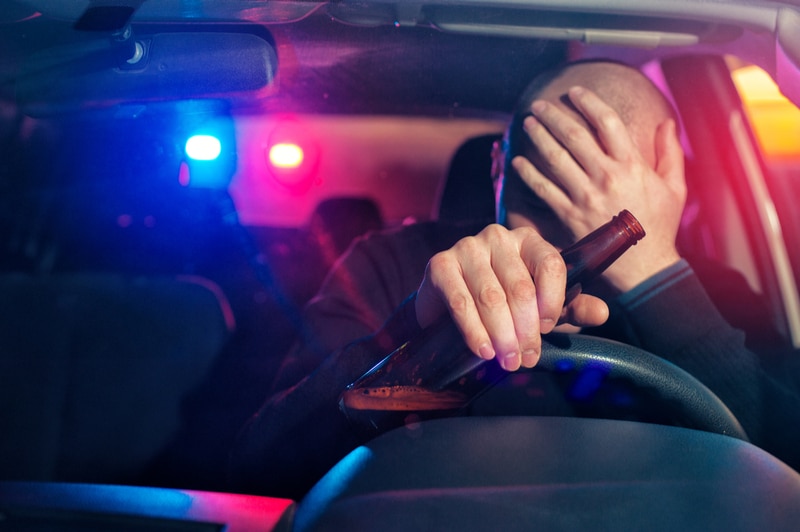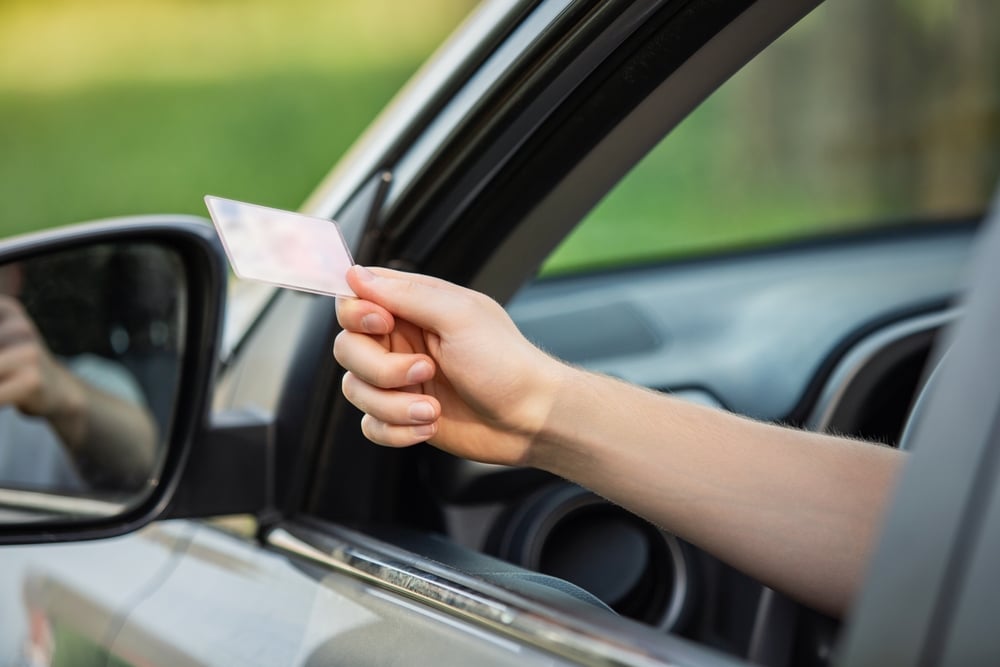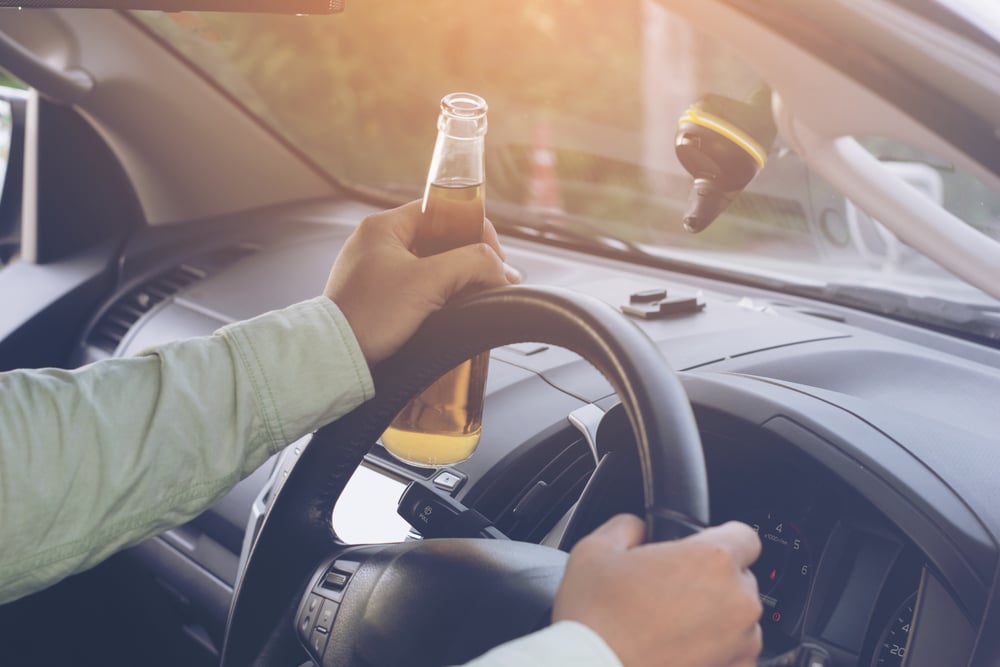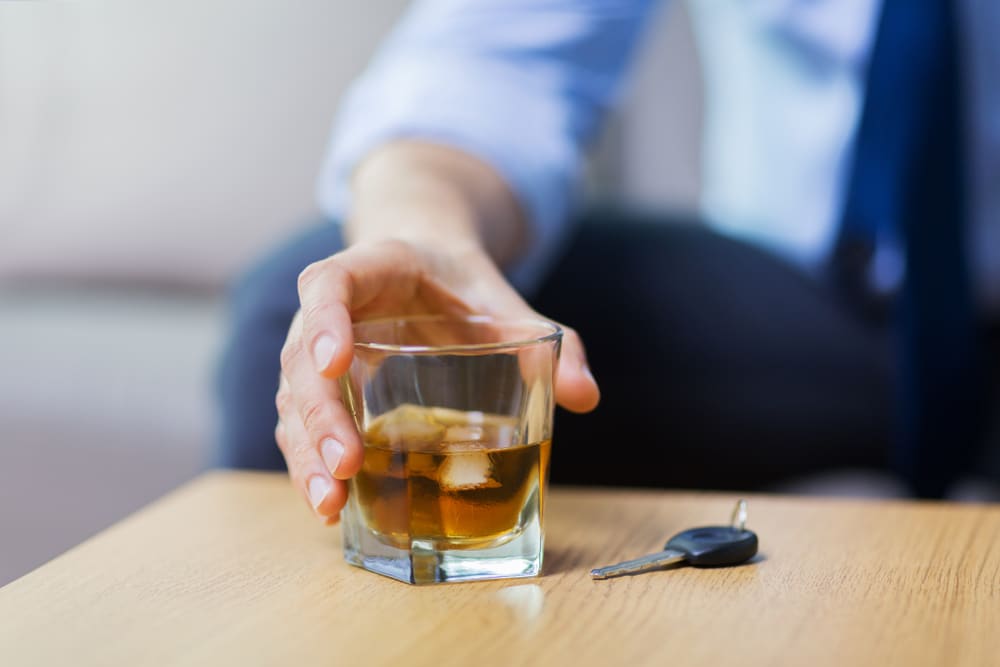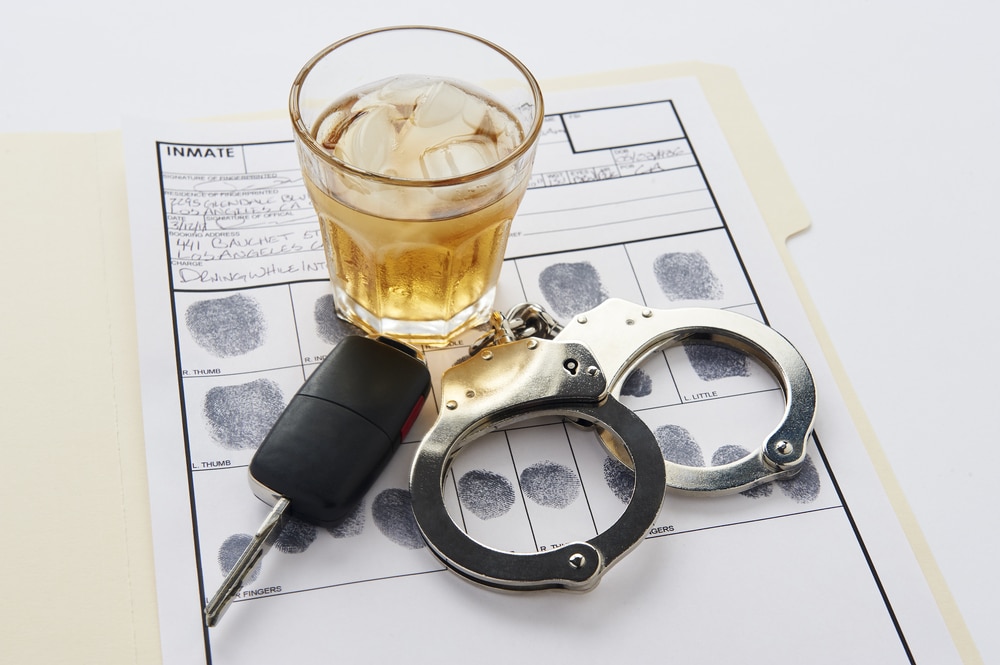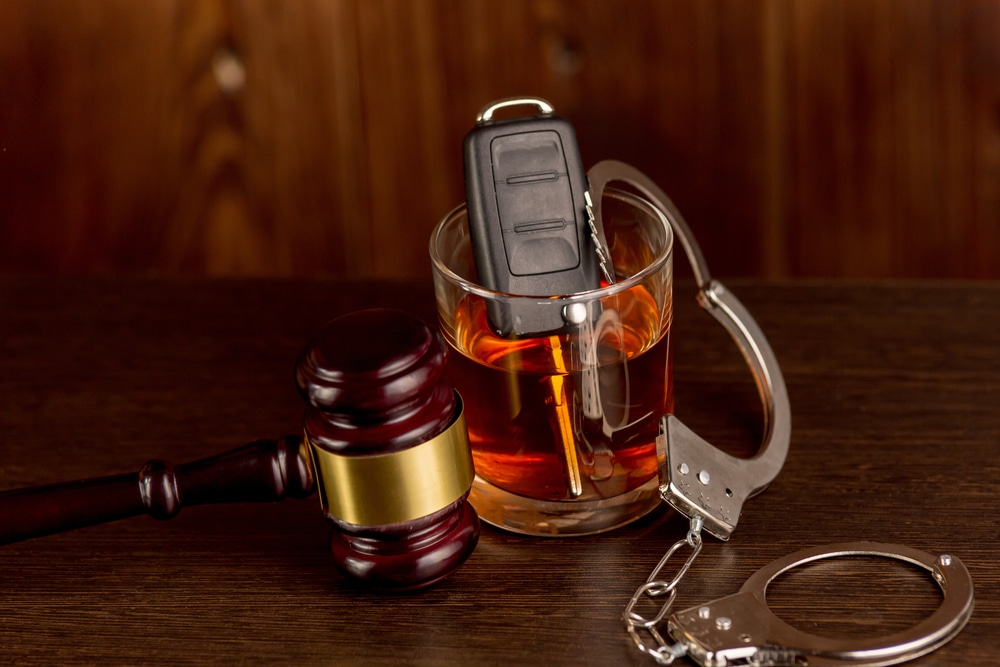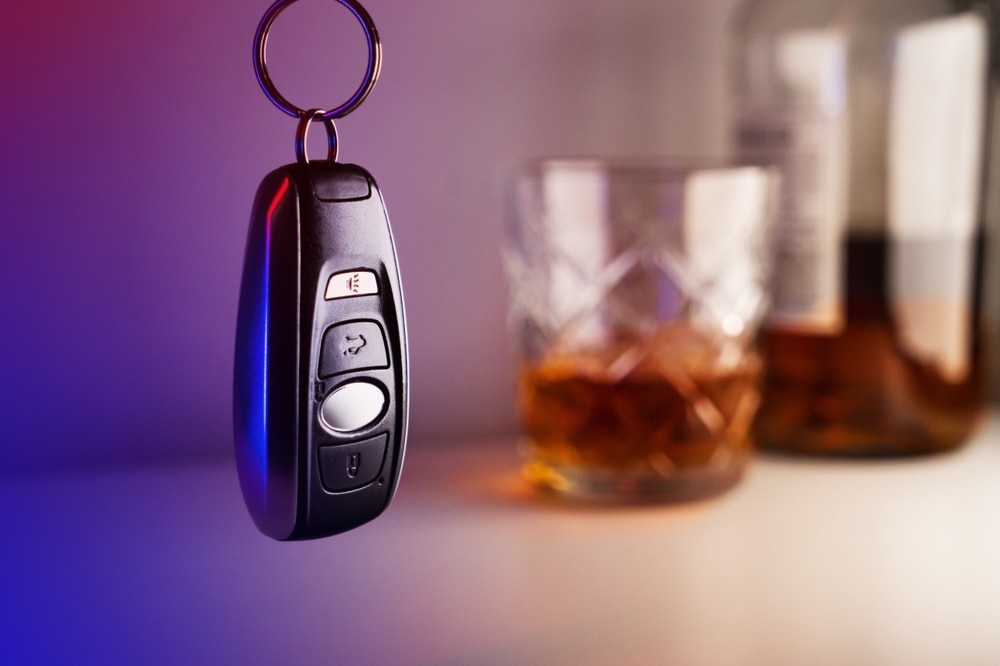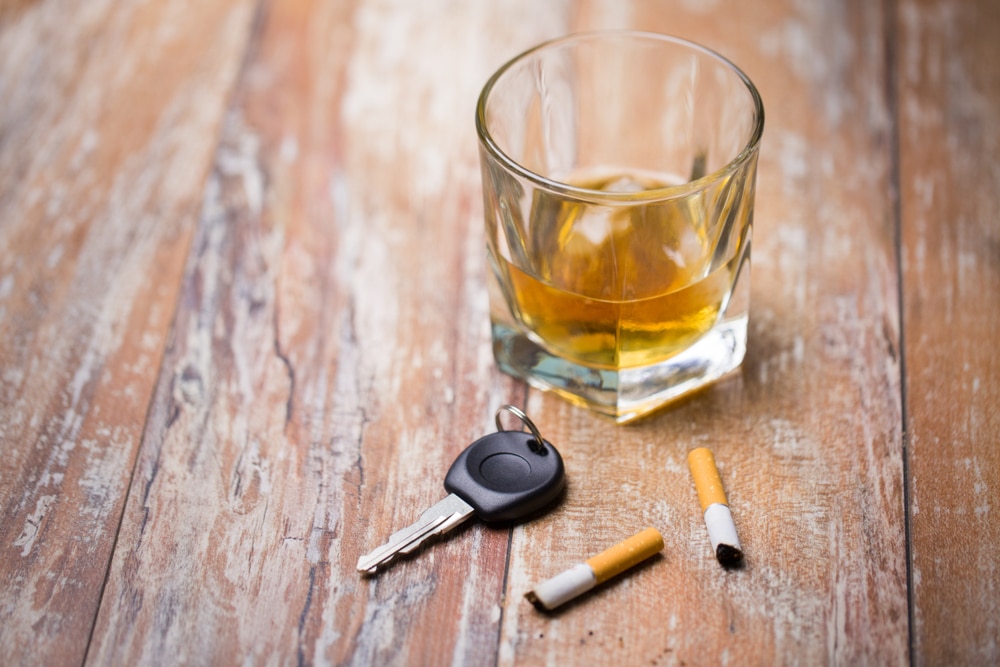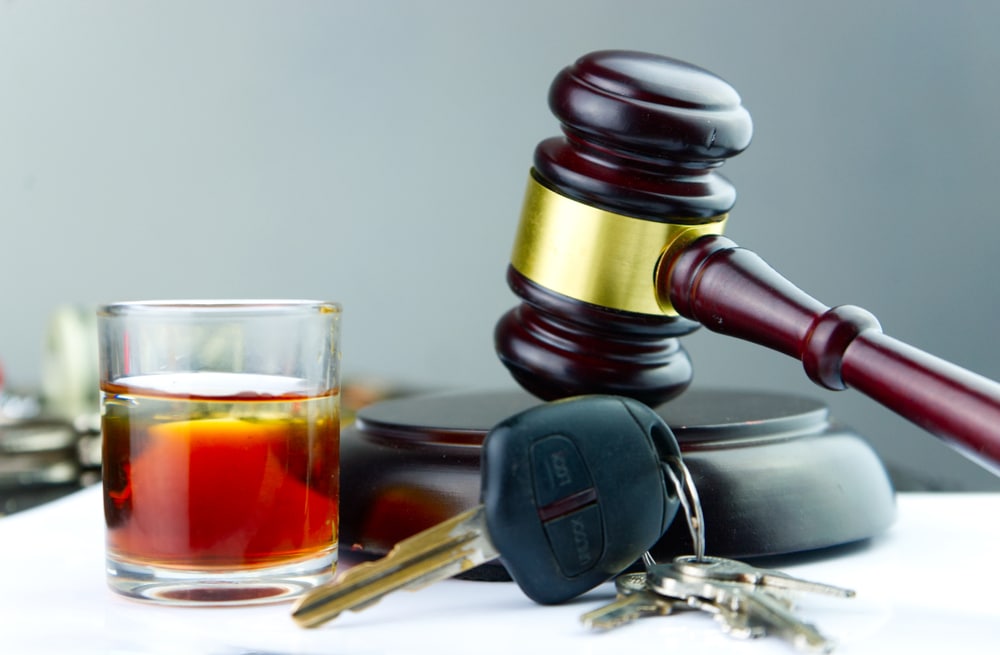Summer 2020 will undoubtedly be a historic one in New York. People have been pining for the opportunity to enjoy nice weather again, even against the backdrop of the coronavirus pandemic (COVID-19). The limits of social distancing will be tested as gatherings resume. When there are parties, there may be alcohol. That can lead to driving while intoxicated (DWI).
It is illegal to drive in New York with a blood alcohol concentration (BAC) at or above 0.08%. That percentage is widely recognized as the point of definite impairment of muscle coordination and driving skills.
No one should ever drink and drive. But people unfortunately do, and New York police are looking for signs of DWI to keep neighborhoods safe and prevent injuries and deaths. Even if you were under the BAC limit when pulled over, each question asked and action taken by police is meticulously planned to have you incriminate yourself.
Every case is different. This is not legal advice and will not apply in every circumstance. Read on for some do’s and don’ts if pulled over for DWI:
- Be pleasant, accommodating, and safe. First, turn off your ignition but keep your hands on the wheel so that the officer sees it before he or she addresses you. It is safer to wait for the police to ask for your license and registration before you start looking through your bag or wallet. Then roll down your window to present your license, registration and insurance certificate. This will demonstrate a willingness to cooperate.
- Keep your answers short. Less is more – so stick to ‘yes’ and ‘no’ answers. When asked an open-ended question, try to keep that answer as concise as possible. You’ve heard that “anything you say can be used against you in a court of law,” and this is the moment for you to remember that warning.
- Know your rights and the consequences for refusing sobriety tests. Breathalyzer and field sobriety tests can be incredibly intimidating and tricky. You may be “impaired,” which comes with less severe consequences than being intoxicated. Refusing to take the test often results in a revocation of your license. If you are taken into custody, you may be required to participate in testing and refusing may result in a “resisting arrest” charge. The best strategy from that point is to take the breathalyzer test, since it is not as reliable as chemical or blood tests. The breathalzyer’s results are usually the easiest for a lawyer to defend against in court.
These tips may not prevent an arrest, but they can limit the state’s case against you. And remember, an arrest is not the end of your world. It is not the same as a conviction. Charges can be dismissed or pleaded down to lesser offenses, and jail can be avoided entirely – particularly if no injuries occurred.
A few basic facts to remember:
In the United States, one “standard” drink (or one alcoholic drink equivalent) contains roughly 14 grams of pure alcohol, which is found in:
- 12 ounces of regular beer, which is usually about 5% alcohol
- 5 ounces of wine, which is typically about 12% alcohol
- 1.5 ounces of distilled spirits, which is about 40% alcohol
Additionally, coffee does not sober you up. It simply makes you more awake regardless of whether you are still inebriated. “I drank a large black coffee before I got behind the wheel” is not the basis for a successful defense.
To mitigate the effects of alcohol, drink water or non-alcoholic beverages between beverages. Try not to have more than one per hour if you absolutely must drive. Also try to make your last drink at least one hour before getting in a car. Theoretically, and depending on your weight, you may manage to keep your BAC under the legal limit.
These tips are certainly not relegated to the summer. DWI mistakes and related fatalities, injuries and property damage typically spike during the times surrounding any national holiday.
Police want to keep roadways safe. DUI arrests are a way for the state to expend minimum effort to generate sorely needed revenue. So if you cannot secure a ride home with a designated driver, know you are putting yourself and others at increased risk.
D’Emilia Law has defended against countless DWI charges and secured favorable results.
If you are arrested for a DWI or make a DWI mistake in New York, contact D’Emilia Law for a consultation.

